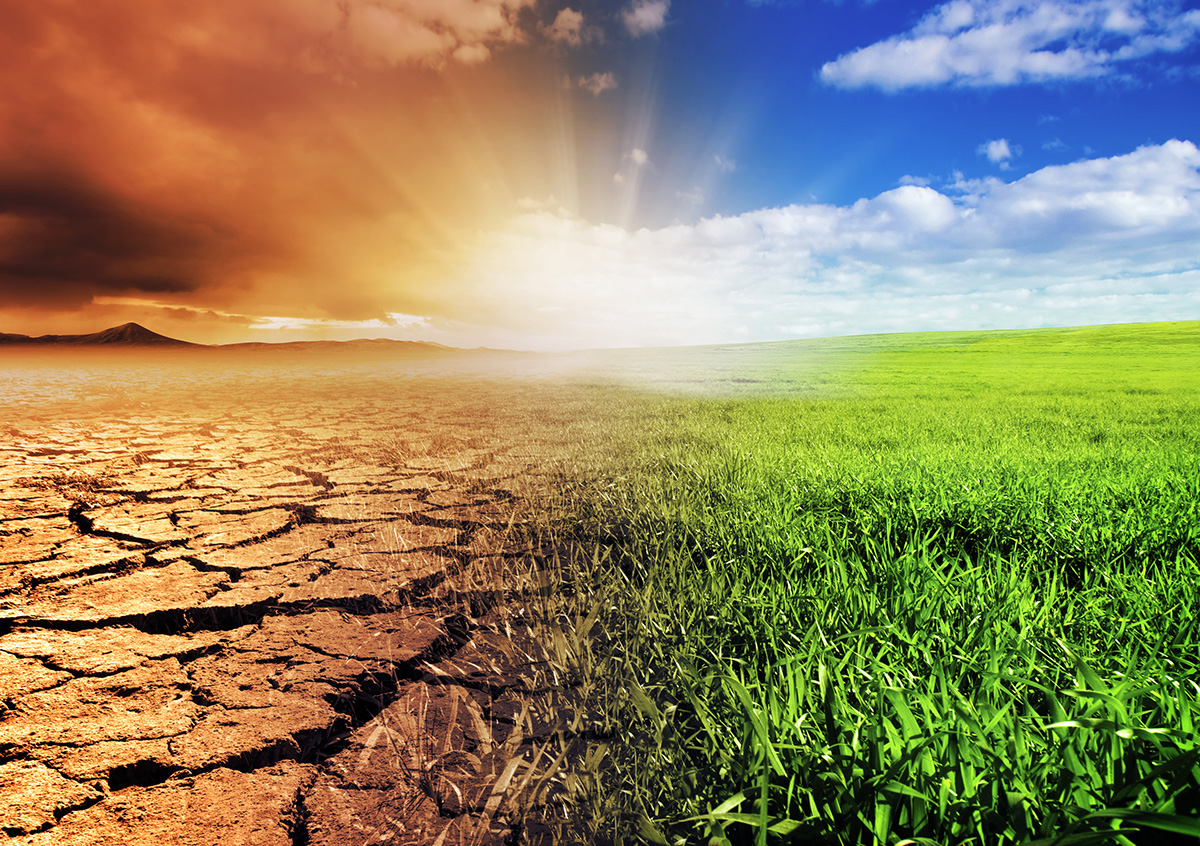USA - Climate change could cut corn belt crop yields by up to 40 percent
28.04.2021 424 views
ScaleAgData Stakeholder Engagement Event
22.10.2024The ScaleAgData project is pleased to invite you to our second stakeholder event. Building on the discussions and connections formed during our first webinar, this event will focus on fostering collaboration among stakeholders, providing updates on our project’s progress, and outlining future opportunities for engagement.
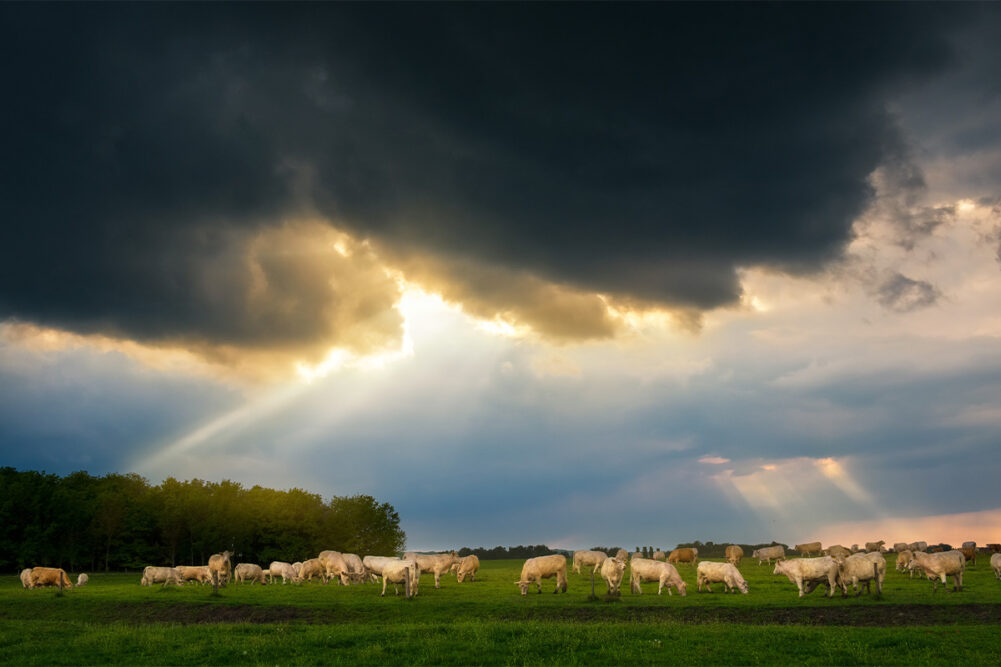
South Korea grapples with surging prices for livestock, processed foods
Livestock and processed food prices in South Korea have soared, fueled by multiple factors including currency depreciation and rising raw material costs, further straining residents' cost of living.
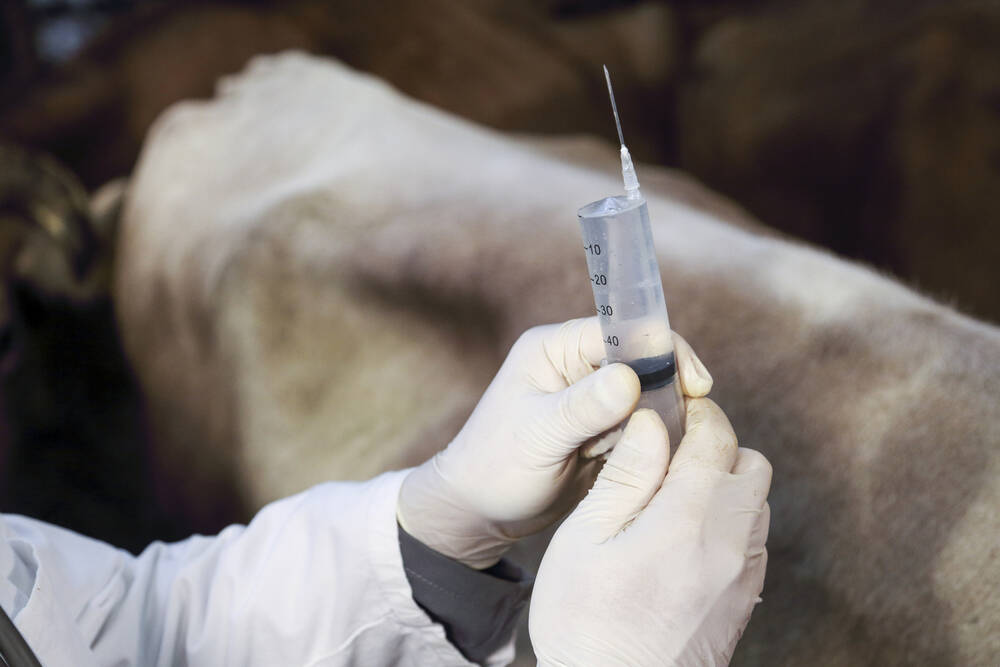
Tanzania roles out national livestock vaccination, identification campaign
The government is set to launch a nationwide livestock vaccination and identification campaign on June 16, 2025, aimed at boosting animal health and opening up access to regional and international markets.

India - Growers welcome Centre's move to include tea in weather insurance scheme
Tea growers hailed the government's decision to bring the sector under the Restructured Weather Based Crop Insurance Scheme (RWBCIS), which they said would help mitigate losses due to erratic rainfall and rising temperatures.

Storm Wutip triggers floods, landslides, and crop losses across central Vietnam
Heavy rains triggered by Wutip, the first storm to enter Vietnamese waters this year, have caused landslides, severe flooding, and extensive crop damage across central regions including Quang Tri, Hue, Da Nang, and Quang Nam.

USA - Winds up to 80 mph, ‘gustinadoes’ in northern Iowa storm
Wednesday’s storm that hit Sibley and other areas of northwest Iowa caused damage to crops, trees, buildings and power lines, but Peter Rodgers, a meteorologist at the National Weather Service office in Sioux Falls, says videos of the storm posted online do not show it was a tornado.
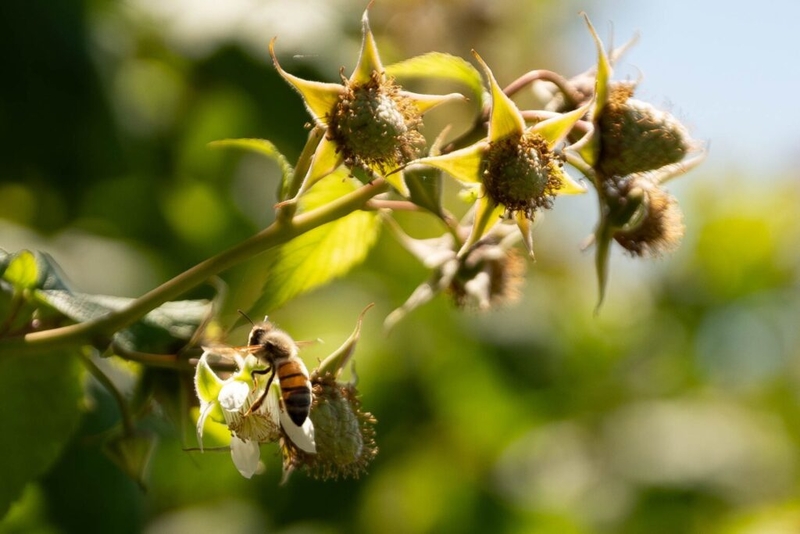
USA - Commercial bee colony collapse threatens Washington apple, berry agriculture
Hundreds of flatbed loads of honey bees are trucked into Washington every spring, enabling the production of apples, cherries, pears and berries in the state.
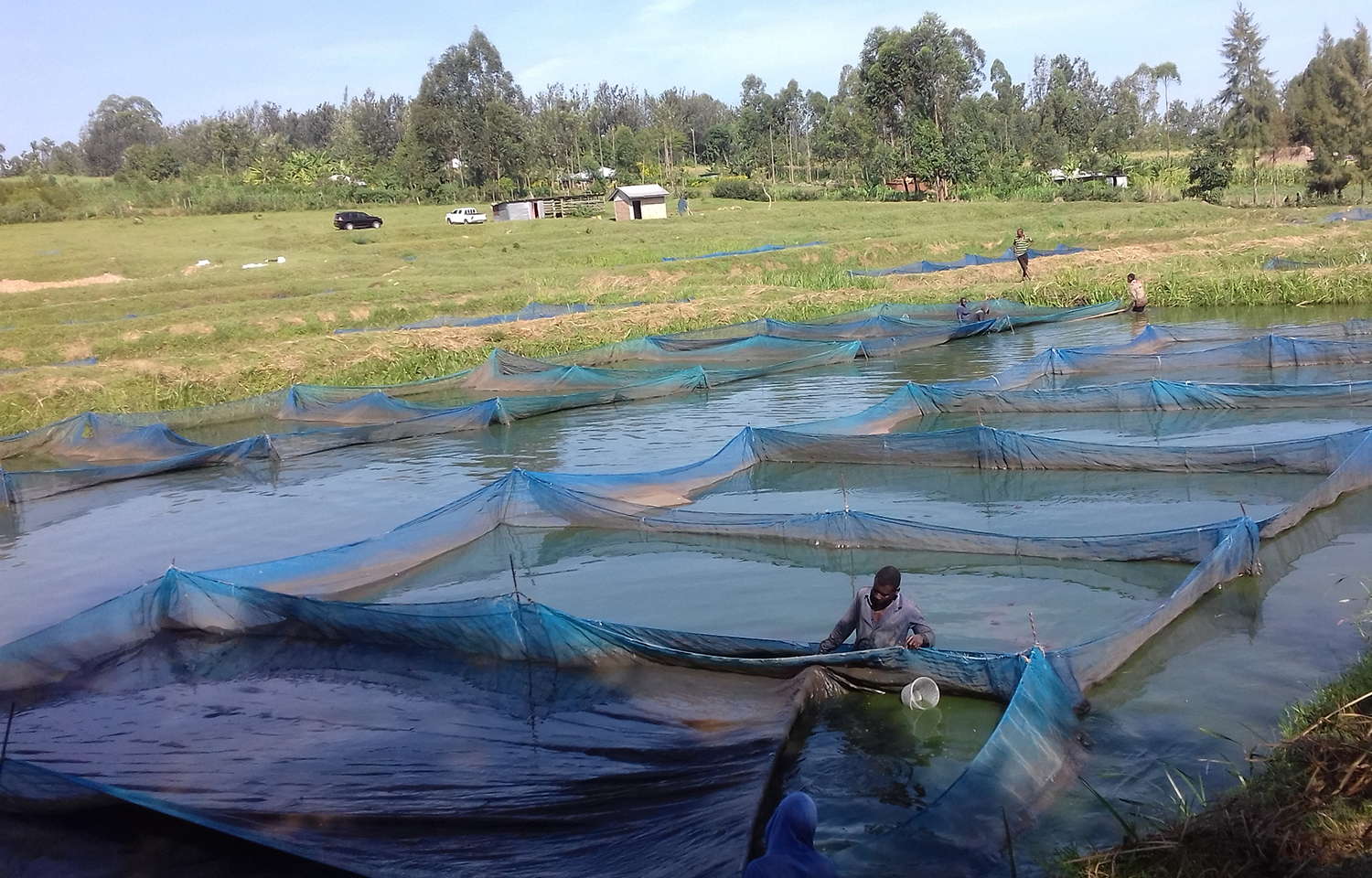
WorldFish launches USD 10 million genetically improved tilapia project in Kenya
A USD 10 million (EUR 8.8 million) fish-farming project has launched in Kenya, focusing on expanding farmers’ access to genetically improved strains of tilapia.

Limits on moving livestock into Wales due to virus
Limits are to be placed on moving livestock from England into Wales in response to the spread of the bluetongue virus.


